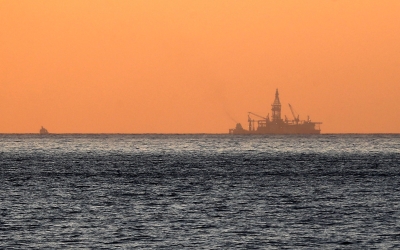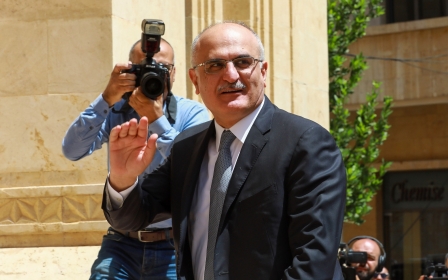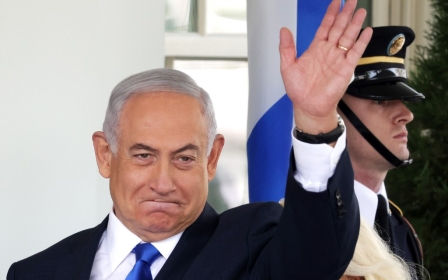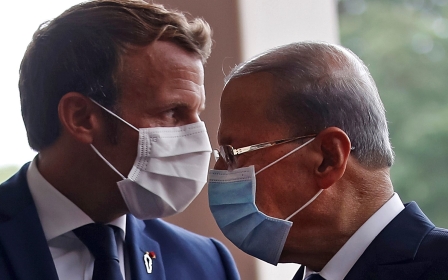Lebanon and Israel agree to hold UN-mediated talks on border dispute
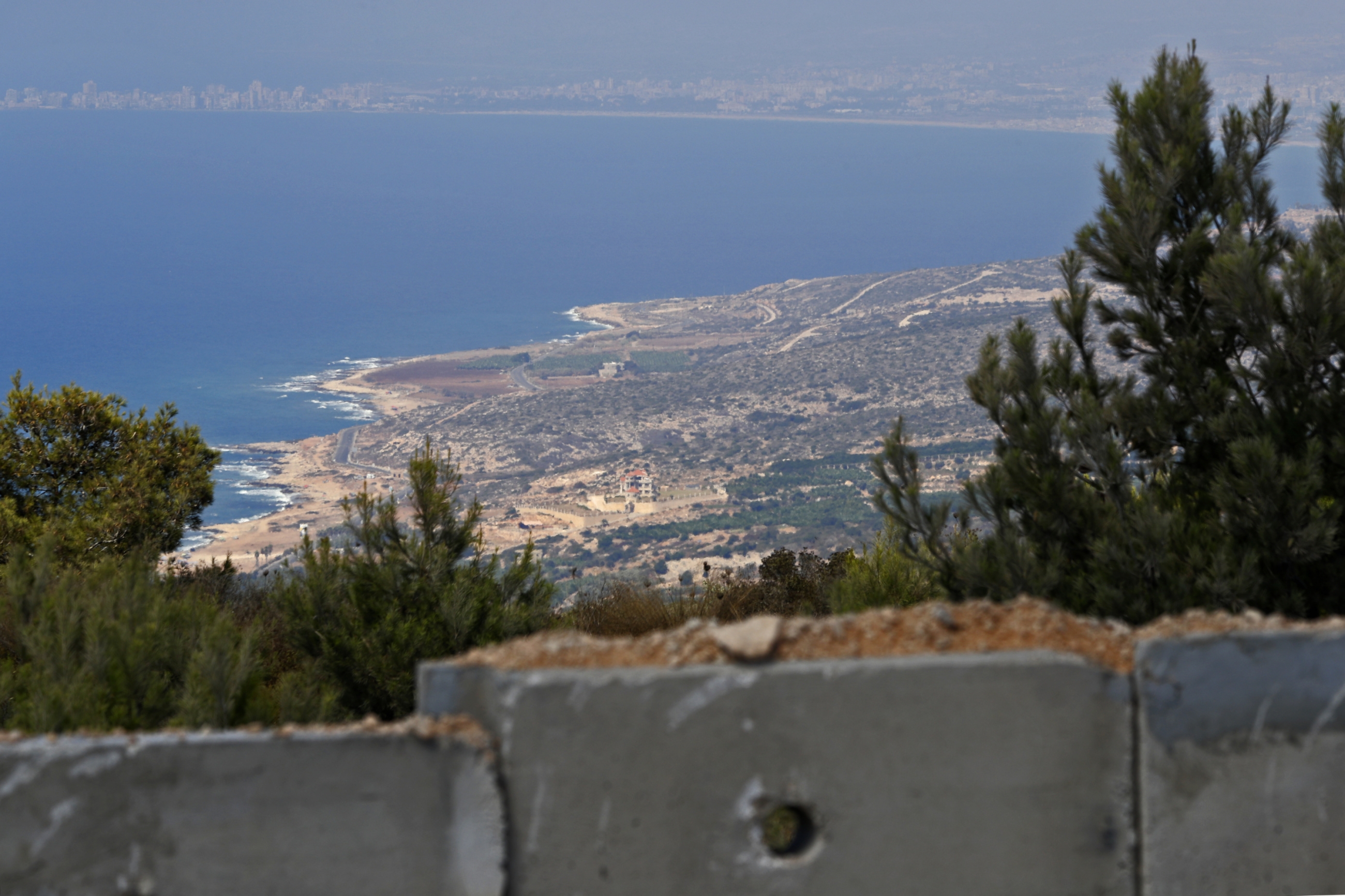
Lebanon and Israel have agreed to hold UN-mediated talks aimed at ending a long-running maritime and land borders dispute, Speaker of the Parliament of Lebanon Nabih Berri announced on Thursday.
The United States will act as a facilitator during the talks, which are due to be held in the southern Lebanese border town of Naqoura, Berri told a news conference, without providing a date for the negotiations.
US Secretary of State Mike Pompeo welcomed the framework agreement, saying it was "the result of nearly three years of intense diplomatic engagement."
Lebanon and Israel are still in a formal state of war, and have contested their land and maritime borders for decades, including an area on the edge of three Lebanese energy blocks.
"The US representatives and the US special coordinator for Lebanon are prepared to provide meeting minutes together that they will sign and present to Israel and Lebanon to sign at the end of each meeting," the speaker said, reading out a September 22 copy of the framework agreement.
"This is a framework agreement, and not a final one," Berri told a news conference, saying discussions would be held under the sponsorship of the United Nations in a base near the UN-monitored boundary with Israel, known as the Blue Line.
He said the United States would push for an agreement as soon as possible, but told reporters the agreement on a framework was reached prior to Washington imposing sanctions on his right-hand man, Ali Hassan Khalil, for corruption and financially enabling Hezbollah.
Meanwhile, Israel's foreign minister, Gabi Ashkenazi, said in a tweet that the agreement comes after three years of diplomatic contacts.
"I would like to thank US Secretary of State Mike Pompeo and his staff for their dedicated efforts that have led to the beginning of direct talks between Israel and Lebanon on the demarcation of the maritime boundary," he wrote.
On Thursday, US envoy David Schenker also welcomed the talks, saying that they will contribute to regional stability and enhance the "security and prosperity for Lebanese and Israeli citizens alike", but he warned that a final deal has not been reached.
"We note that this is a framework to begin discussions; it is not the actual agreement upon the delineation of the maritime boundary or upon sharing of potential resources," Schenker told reporters.
"That will be the subject of the discussions that will take place between the two sides. But that said, we encourage both sides to take advantage of this opportunity to reach a mutual, beneficial agreement."
The issue of the maritime border is particularly sensitive due to the possible presence of hydrocarbons in the Mediterranean.
A consortium composed of energy giants Total, Eni, and Novatek was granted the first two of Lebanon's 10 exploration blocks in 2018 - block 4, located about 30km from Beirut, and block 9 near the Israeli border.
In April, Lebanon said initial drilling in Block 4 had shown traces of gas but no commercially viable reserves.
Exploration of block 9 has been more contentious and has yet to start, as Israel also claims an ownership stake.
Middle East Eye delivers independent and unrivalled coverage and analysis of the Middle East, North Africa and beyond. To learn more about republishing this content and the associated fees, please fill out this form. More about MEE can be found here.


